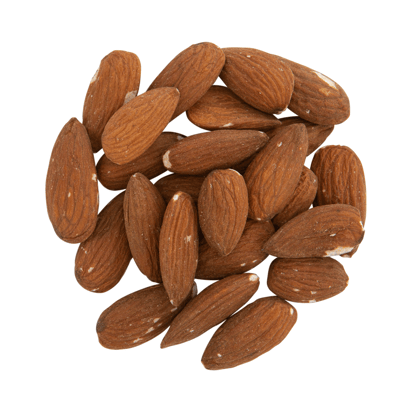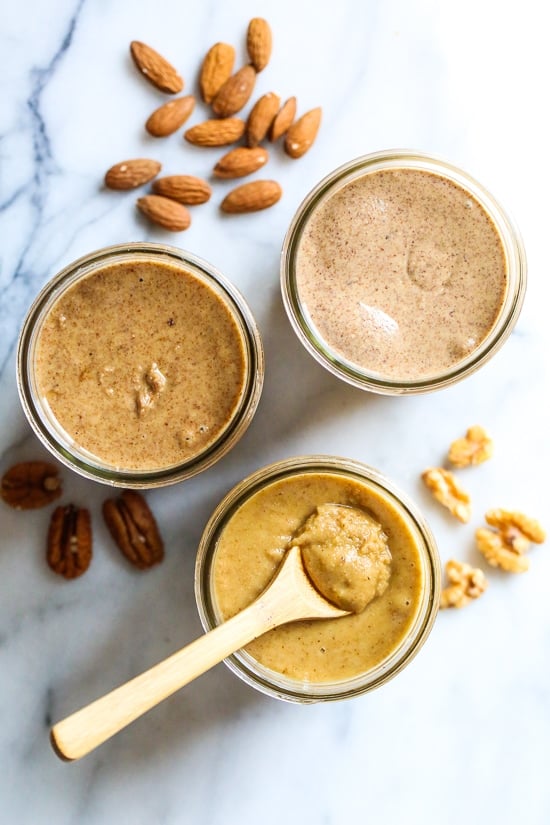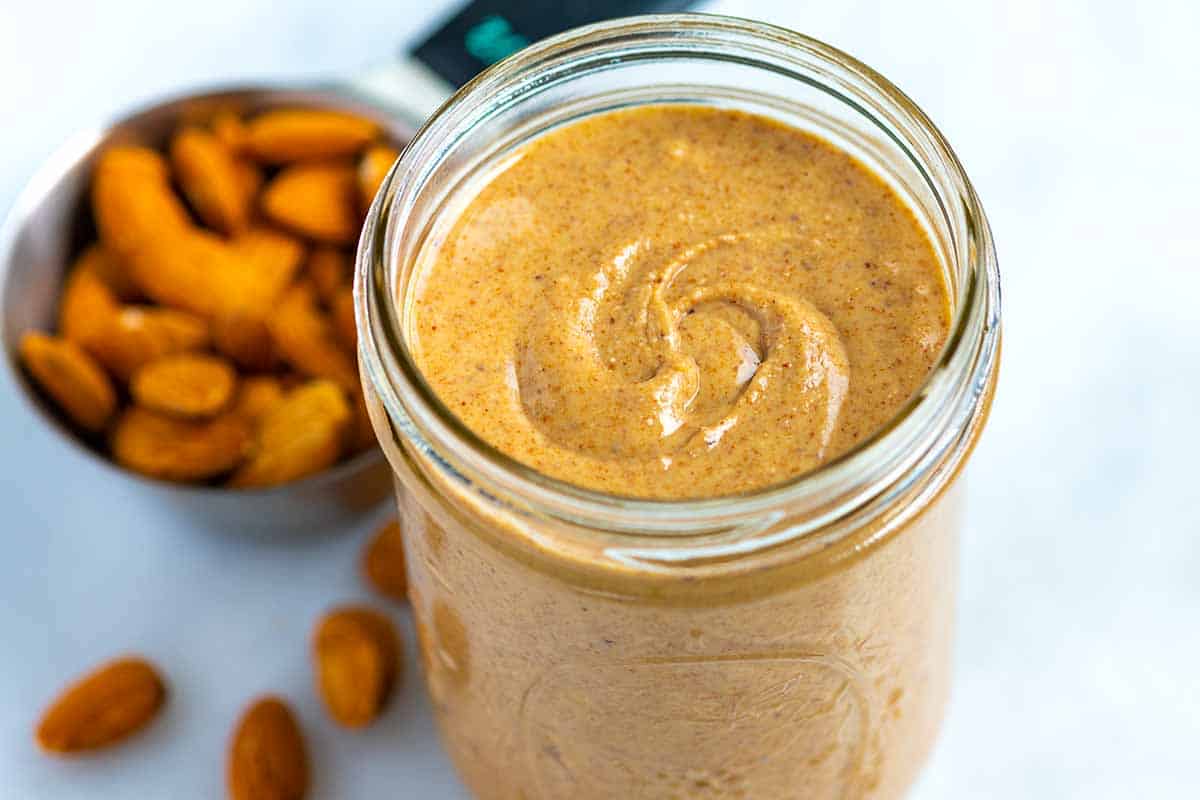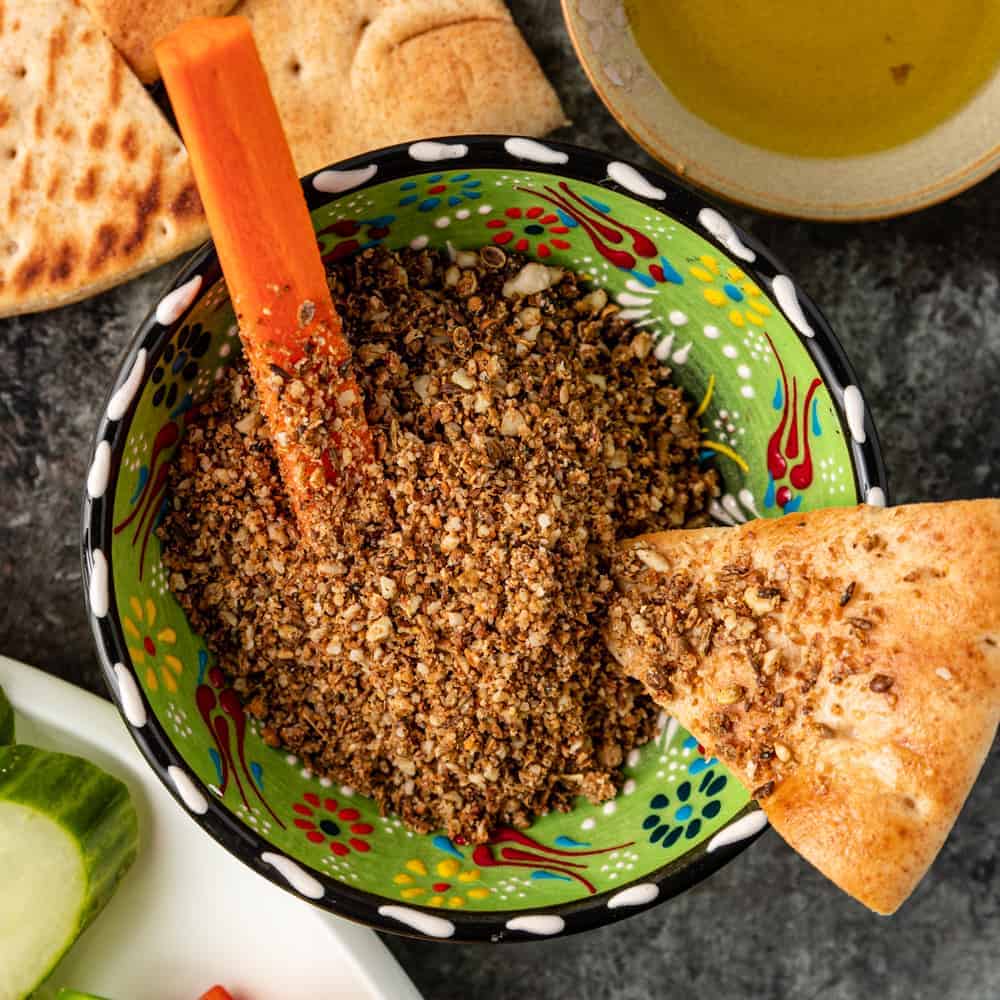Almonds: Important Facts, Health Benefits, and Recipes
Explore the nutritional power and versatility of almonds with our ultimate guide, covering health benefits, culinary uses, storage tips, and more.

Best Almonds Recipes
-

-

-

-

-
:max_bytes(150000):strip_icc()/SES-kransekake-norwegian-ring-cake-2952682-0155a0512579433494aa2d64cd798635.jpg)
-
:max_bytes(150000):strip_icc()/Biscotti-Spruce-5b84f9864cedfd0025a1e9d7.jpg)
-
:max_bytes(150000):strip_icc()/__opt__aboutcom__coeus__resources__content_migration__serious_eats__seriouseats.com__recipes__images__2015__12__20141218-spiced-nuts-daniel-gritzer-22-2097122fd5674cfe8dda546aff620379.jpg)
-
:max_bytes(150000):strip_icc()/__opt__aboutcom__coeus__resources__content_migration__serious_eats__seriouseats.com__recipes__images__2014__12__20141218-spiced-nuts-daniel-gritzer-21-dd83f138435e4e0da579ae9ea68f606f.jpg)
-
![Spanish Chocolate Almond Cake Recipe Image]()
-
![Panellets - Catalan Almond Sweets for All Saints Day Image]()
-
![Lobster Balls Recipe Image]()
-
![Spanish Caramelized Almonds Recipe Image]()
-
![Gazelle Horns (Cornes de Gazelle) Recipe Image]()
-
![Lobster Mac and Cheese Recipe Image]()
-
![Orgeat (Almond Syrup) Recipe Image]()
-
![Easy Almond Butter Image]()
-
![Beef Wrap Lunch Box Image]()
-
![Lonchera de Burrito de Carne Image]()
-
![Beef Wrap Lunch Box Image]()
-
![This Elegant (and Buttery!) French Fish Dinner Comes Together in Just 10 Minutes Image]()
-
![This Classic British Tart Is Sweet, Nutty, and Steeped in History—Here's How to Bake It Well Image]()
-
![Seattle Sunshine Bowl Image]()
-
![No Bake Blackberry Tarts with Blueberry Cashew Cream Image]()
-
![No Bake Cheesecake Fig Tart Image]()
-
![Pecan Almond Chocolate Chip Truffles Image]()
-
![Easy No-Bake Apricot Nut Bars Image]()
-
![Egyptian Dukkah Image]()
-
![Honey Roasted Almonds Image]()
-
![Chocolate Covered Almond Toffee Image]()
-
![Avocado and Feta Kale Salad with Garlic Dijon Vinaigrette Image]()
-
![Marjolaine Dessert Image]()
-
![Spiced Almond Breakfast Cookies Image]()
-
![Spiced Trail Mix Image]()
-
![Cinnamon Orange Roasted Nuts Image]()
-
![Trail Mix Image]()
-
![Easy Romesco Sauce Image]()
-
![Easy Chocolate Bark Image]()
-
![Torn Olives with Almonds, Celery & Parmesan Image]()
-
![Orange & Almond Granola Image]()
-
![Orange Orzo Salad with Almonds, Feta and Olives Image]()
-
![Celery Salad with Dates, Almonds and Parmesan Image]()
-
![Love Real Food is Here & a Chocolate Peanut Butter Tart to Celebrate! Image]()
-
![Creamy Thai Carrot Sweet Potato Soup Image]()
-
![Basil Pesto Party Almonds Image]()
-
![Homemade Lärabars: Apricot Almond Bars Image]()
-
![Rosemary Roasted Nuts Image]()
-
![Mom's Best Brownie Recipe Image]()
-
![Penne Alla Vodka with Chicken Image]()


:max_bytes(150000):strip_icc()/chocolate-and-almond-cake-recipe-3083019-hero-02-d9a82bbfb7d34a62917df115cf7a1cd2.jpg)
:max_bytes(150000):strip_icc()/panellets-d4328f2c432b471c9dab64168d0b26dc.jpg)
:max_bytes(150000):strip_icc()/lobsterballs-582238153df78c6f6a1bcd87.jpg)
:max_bytes(150000):strip_icc()/GettyImages-539306919-03c9b0a5a9a04c95814730c18152cb73.jpg)
:max_bytes(150000):strip_icc()/kaab-el-ghazal-4000-x-3000-56a644d65f9b58b7d0e0c16c.jpg)
/baked-macaroni-cheese-11-15-56a8bd625f9b58b7d0f4b795.jpg)
:max_bytes(150000):strip_icc()/Simply-Recipes-Orgeat-LEAD-02-212a8e6fc9bd46cda811c7f2b938c665.jpg)




:max_bytes(150000):strip_icc()/20241015-TroutAlmondine-AmandaSuarez-19-61a67c9578cd41c38a789f1a9ca8bb1b.jpg)
:max_bytes(150000):strip_icc()/20250606-SEA-BakewellTart-DebbieWee-HERO-94f4ac31a9b44862a7e168a61962be2c.jpg)


























